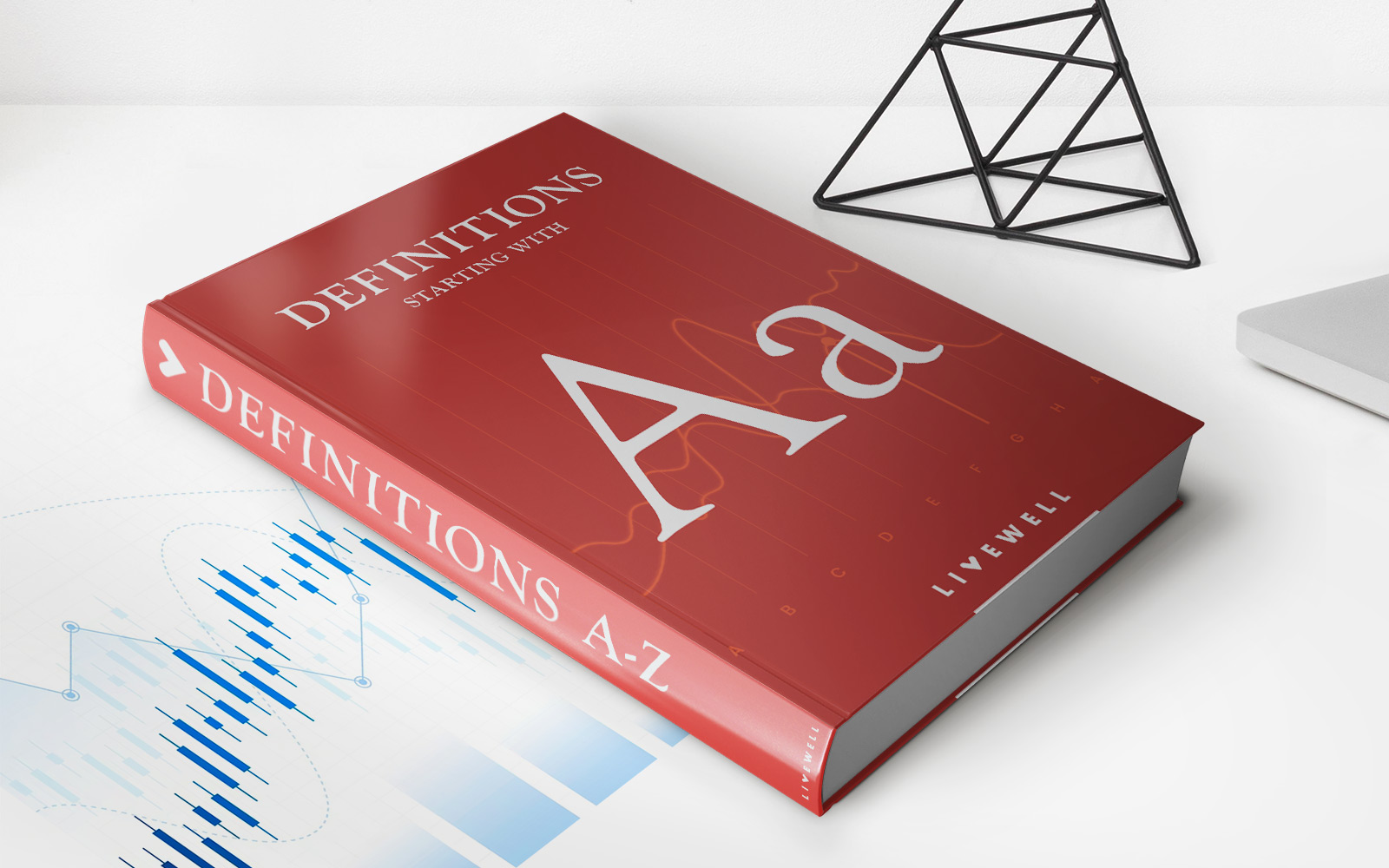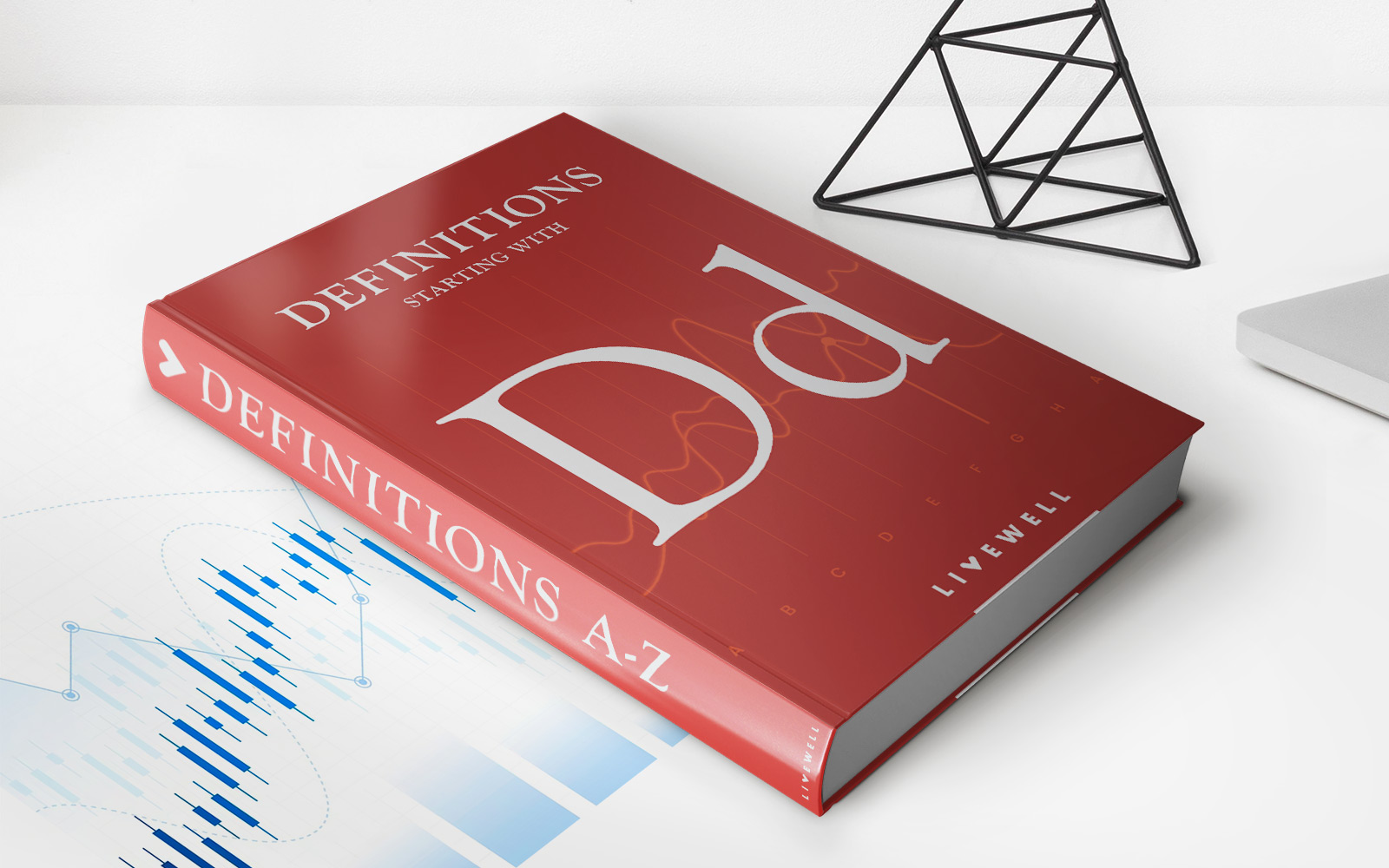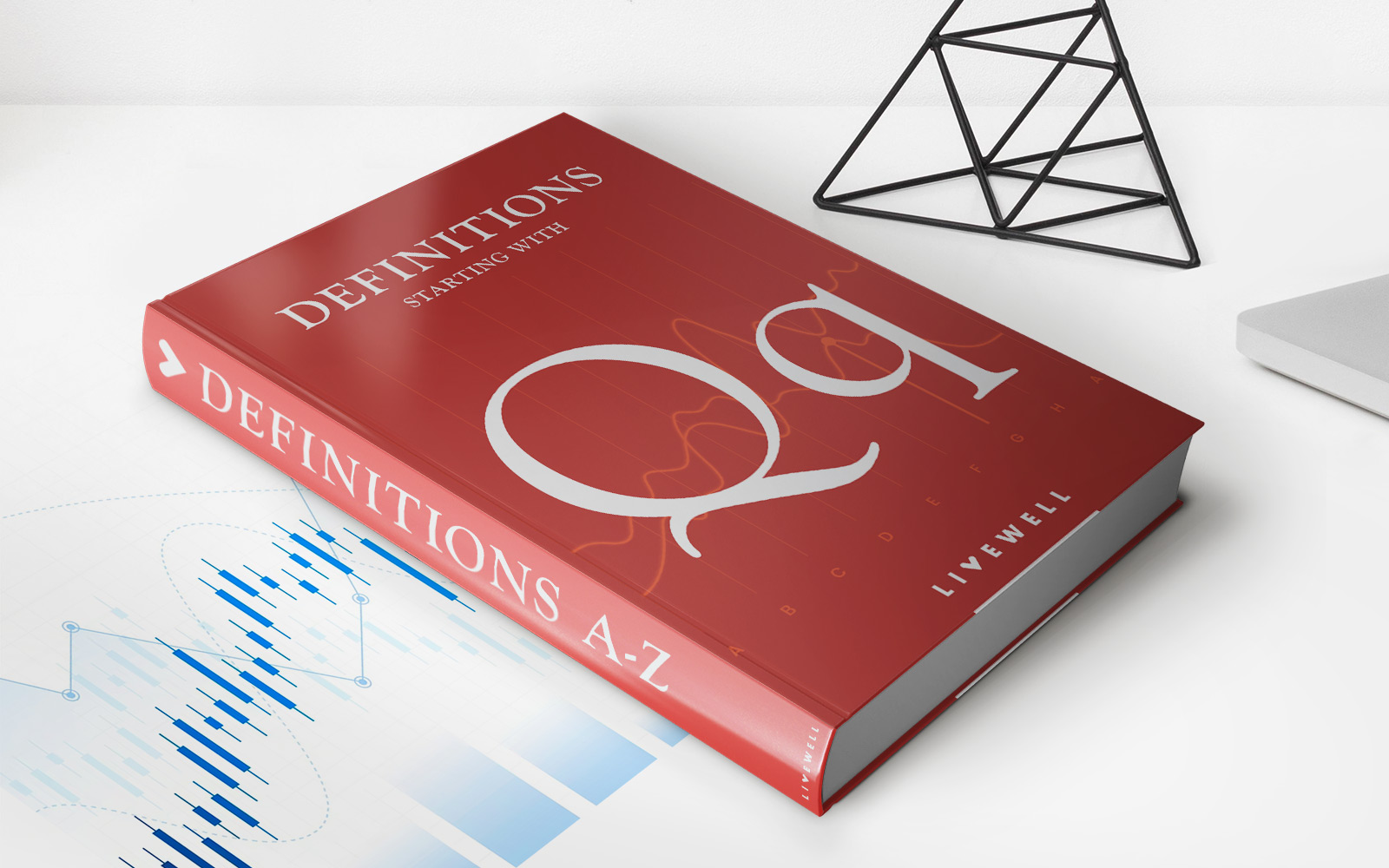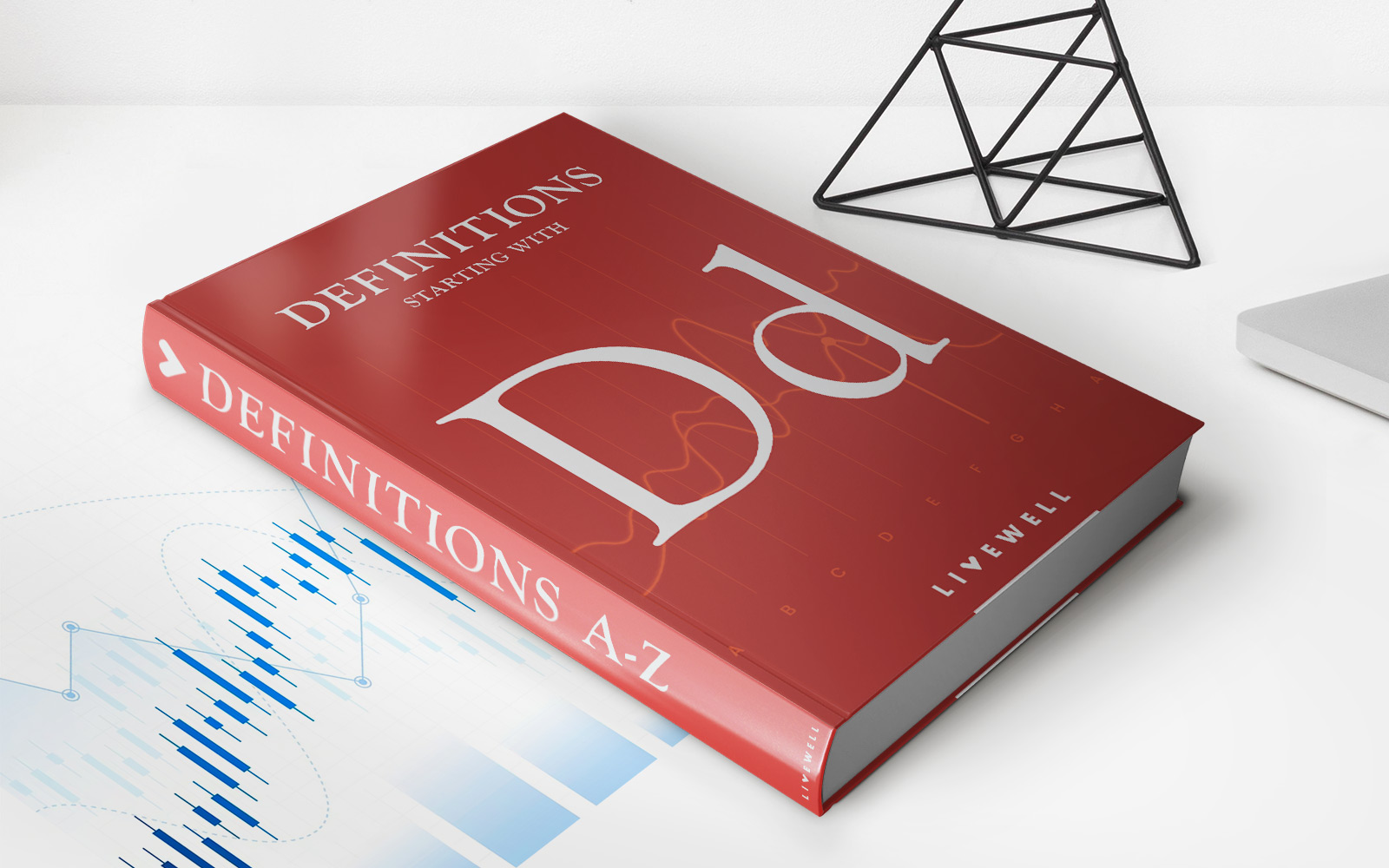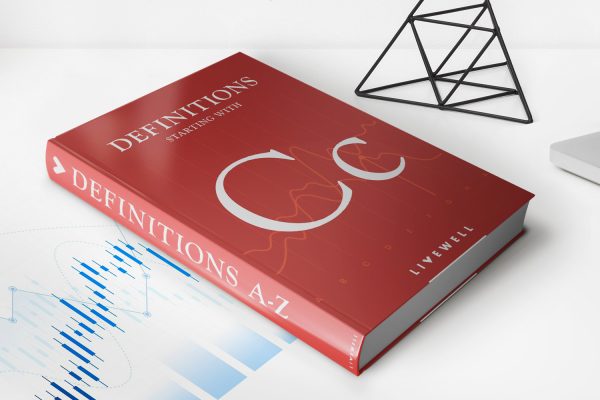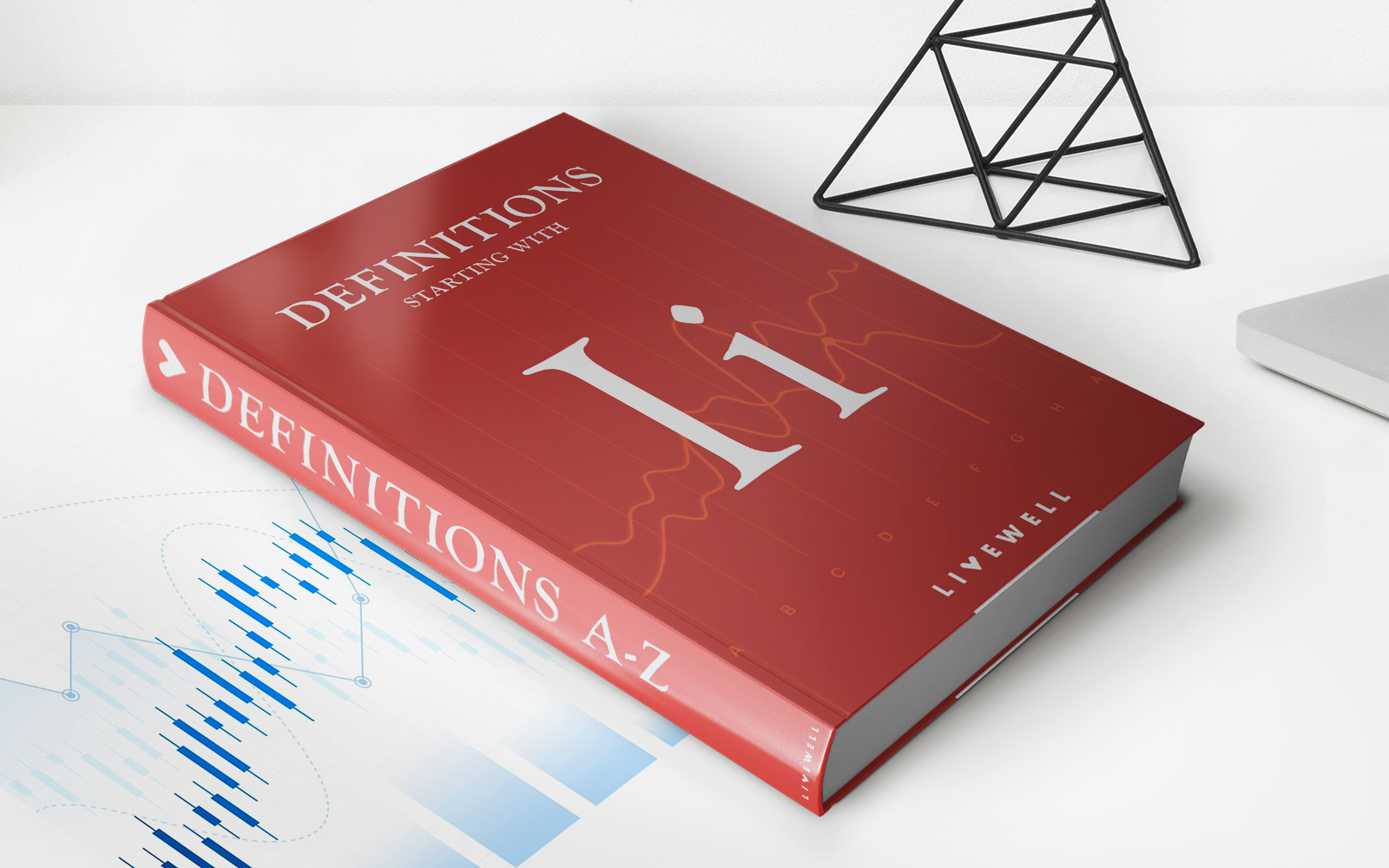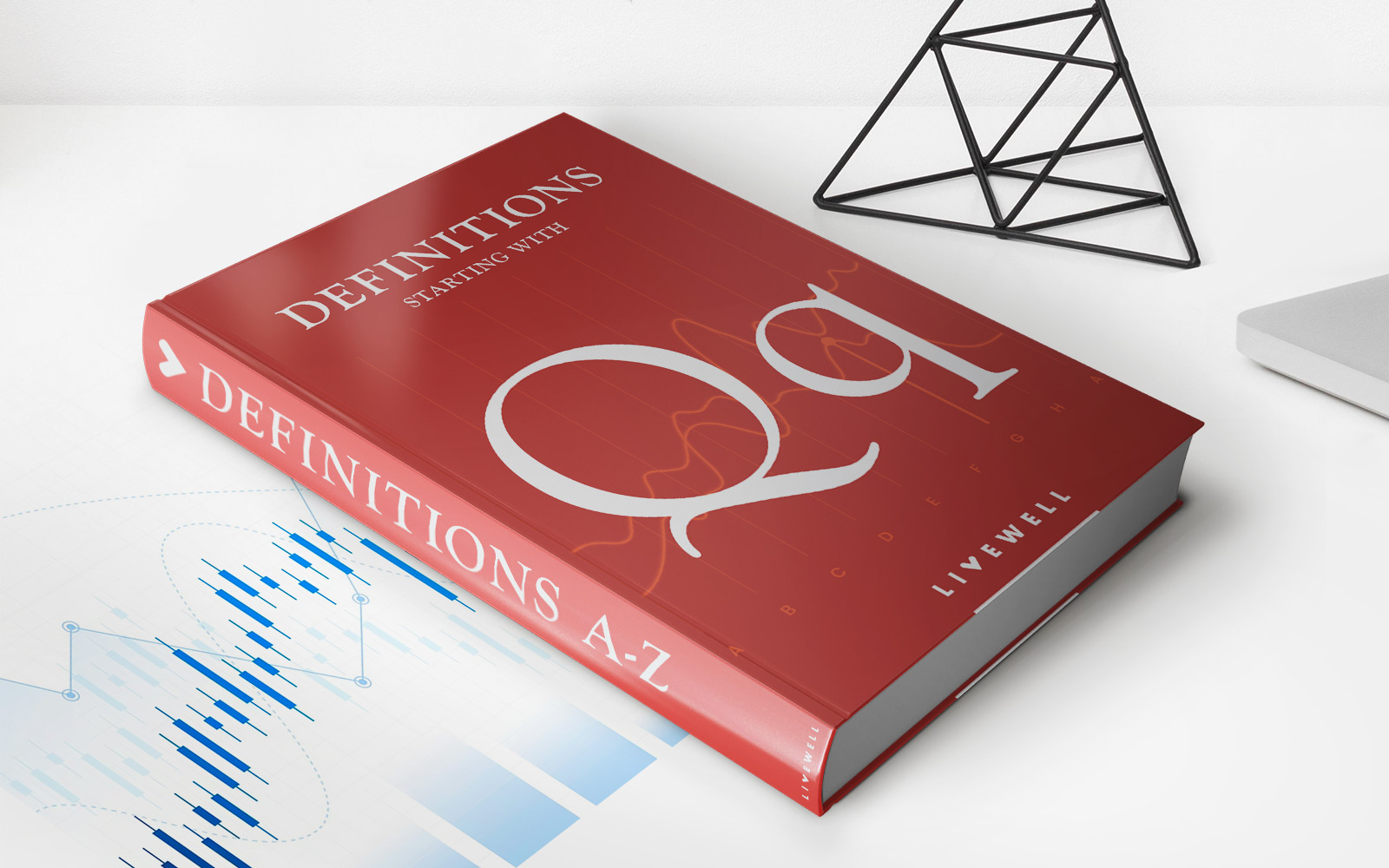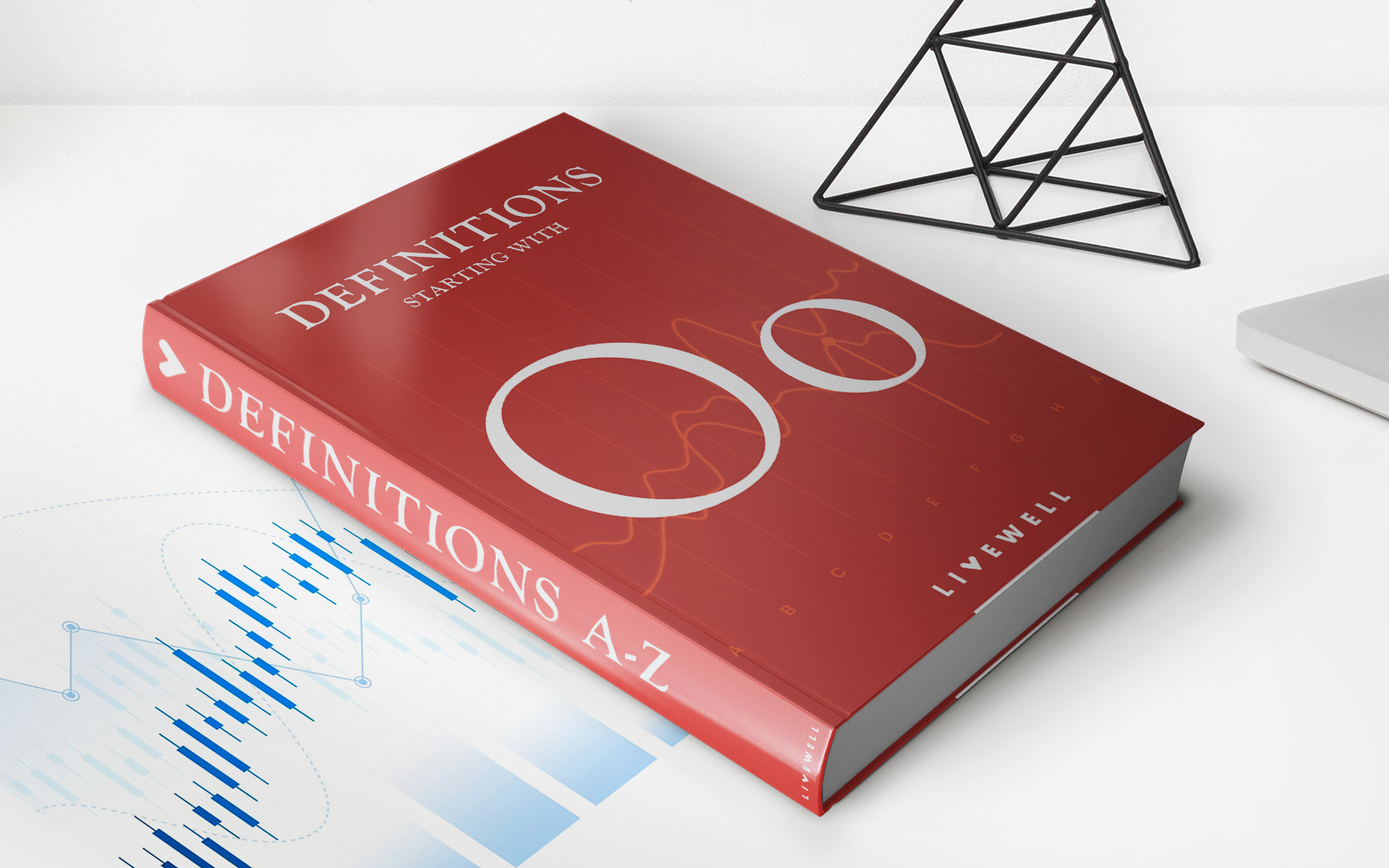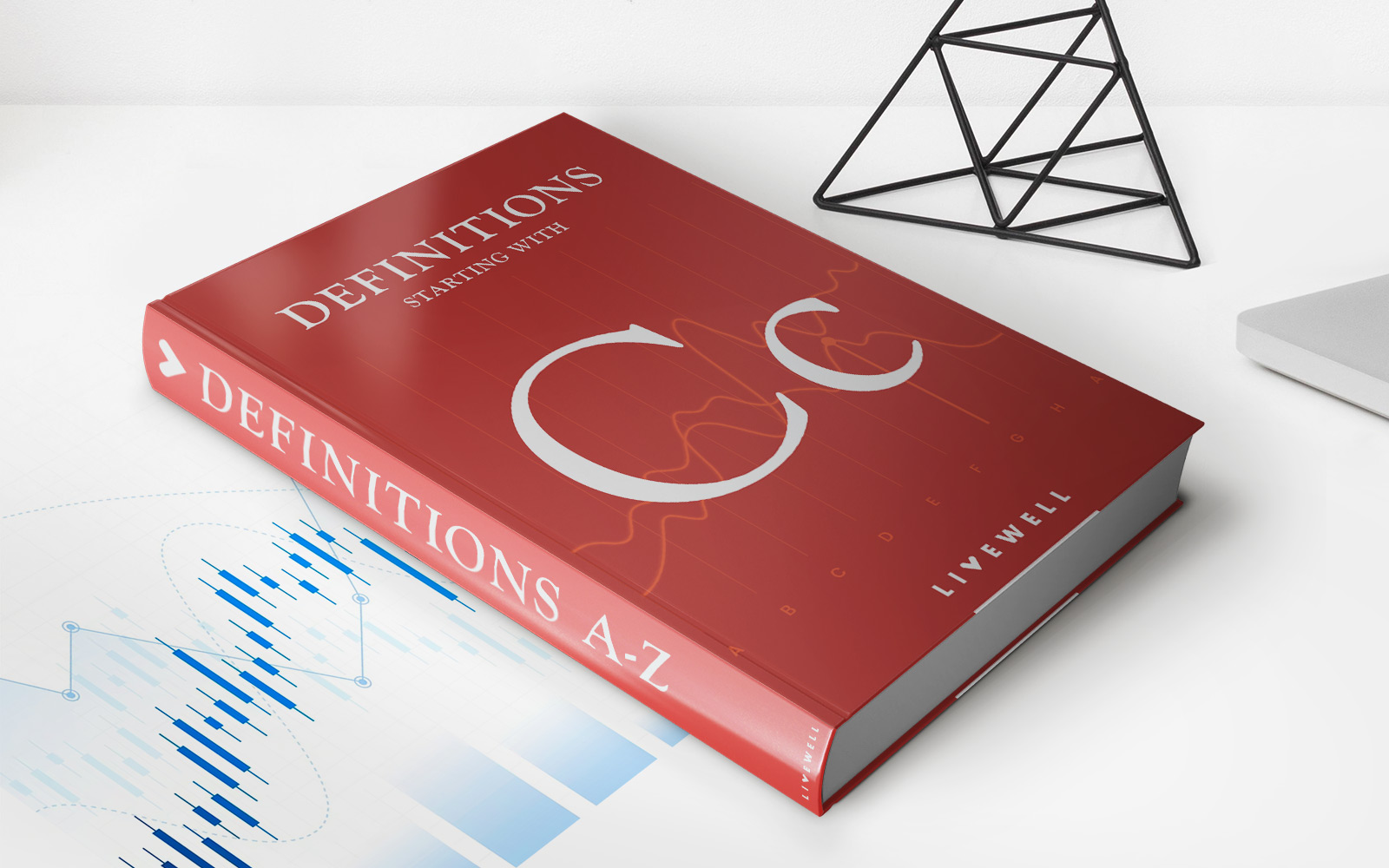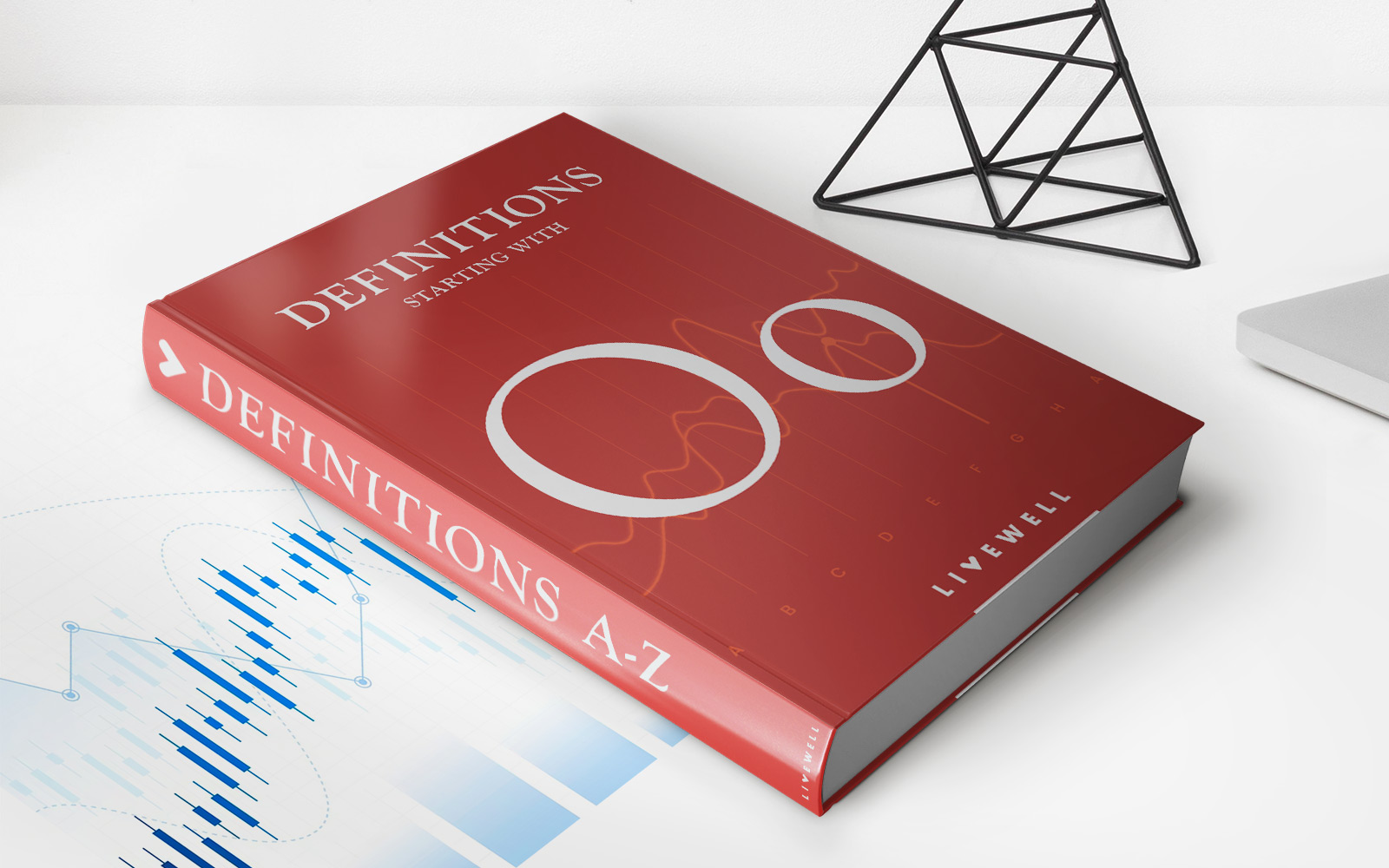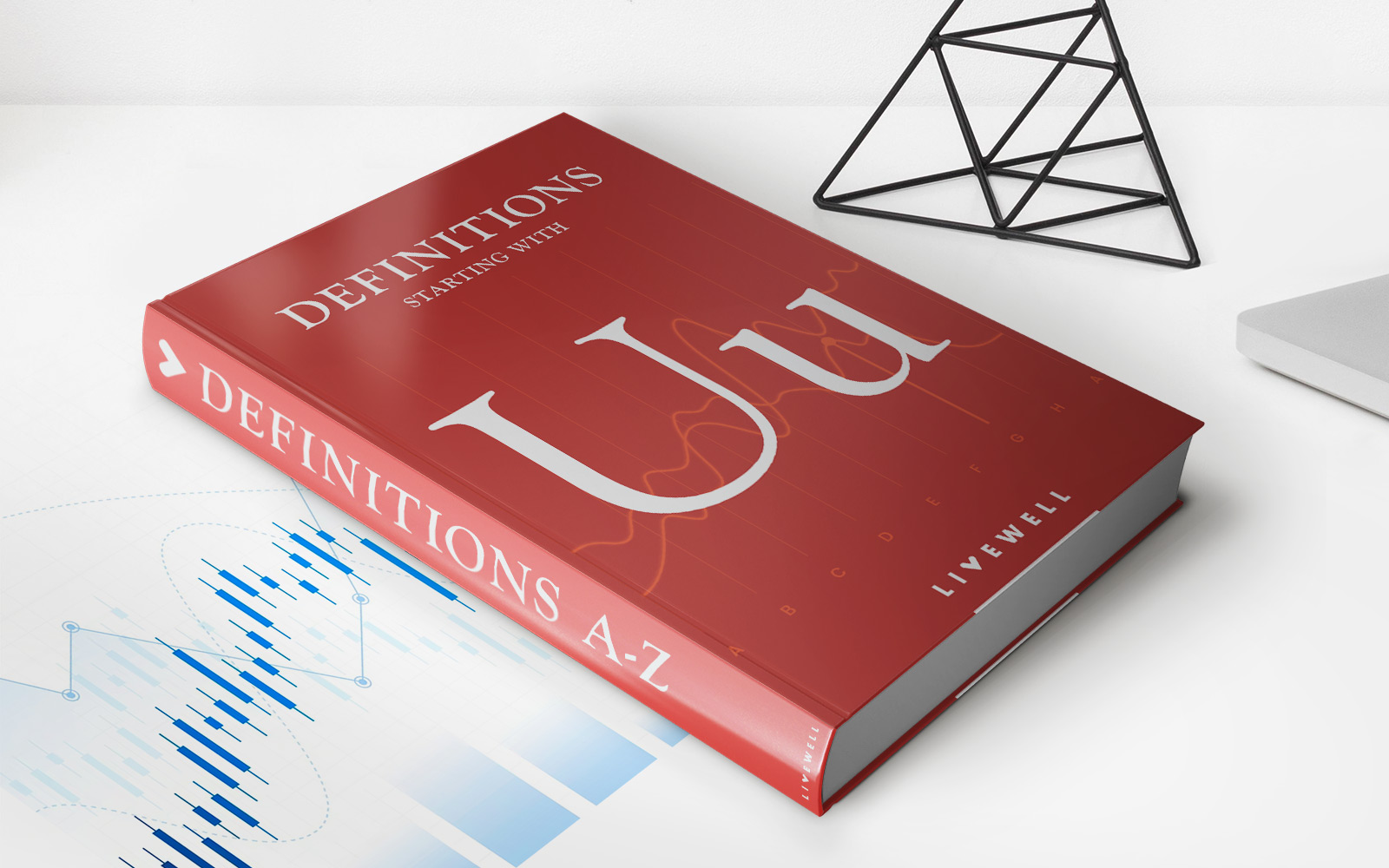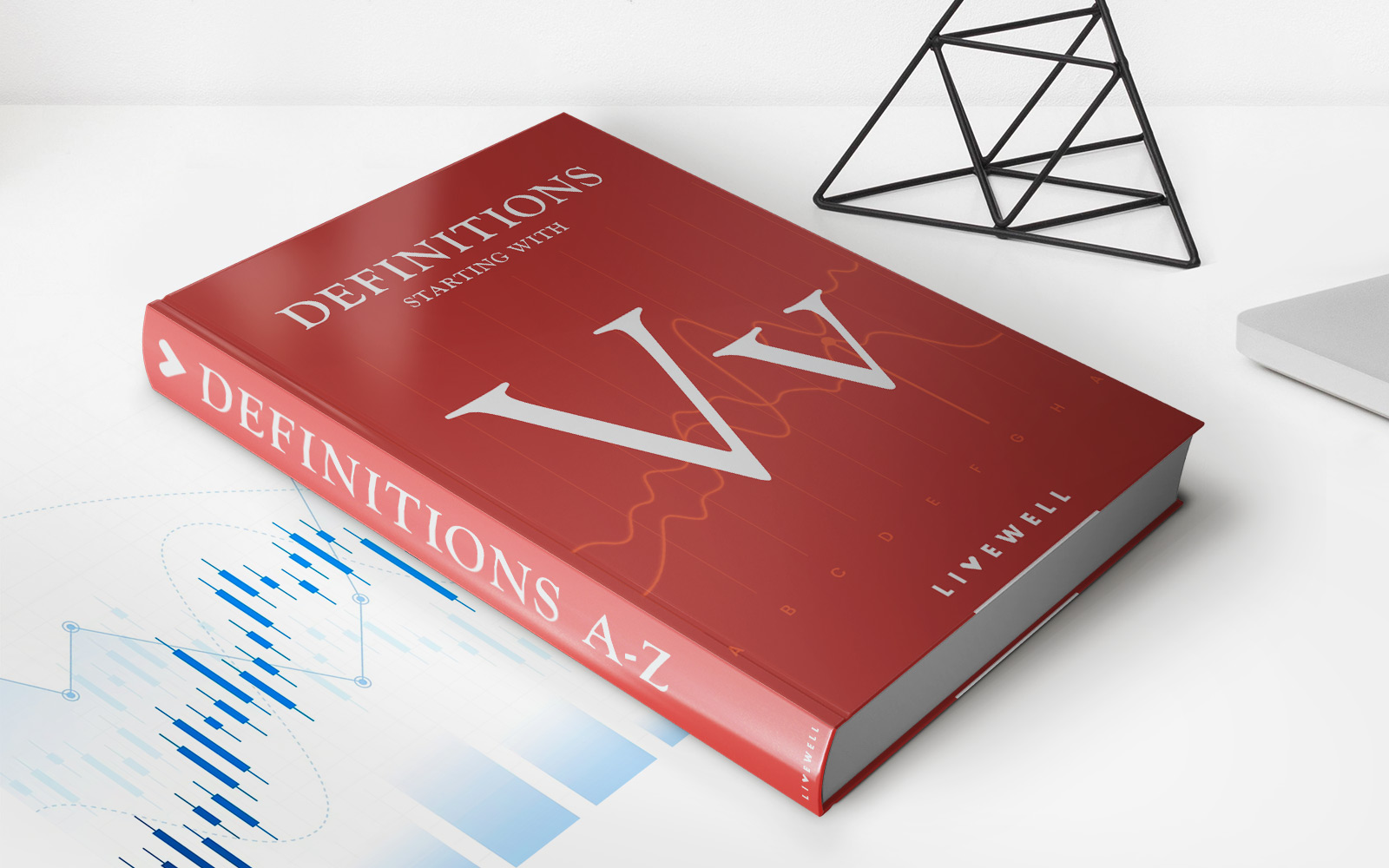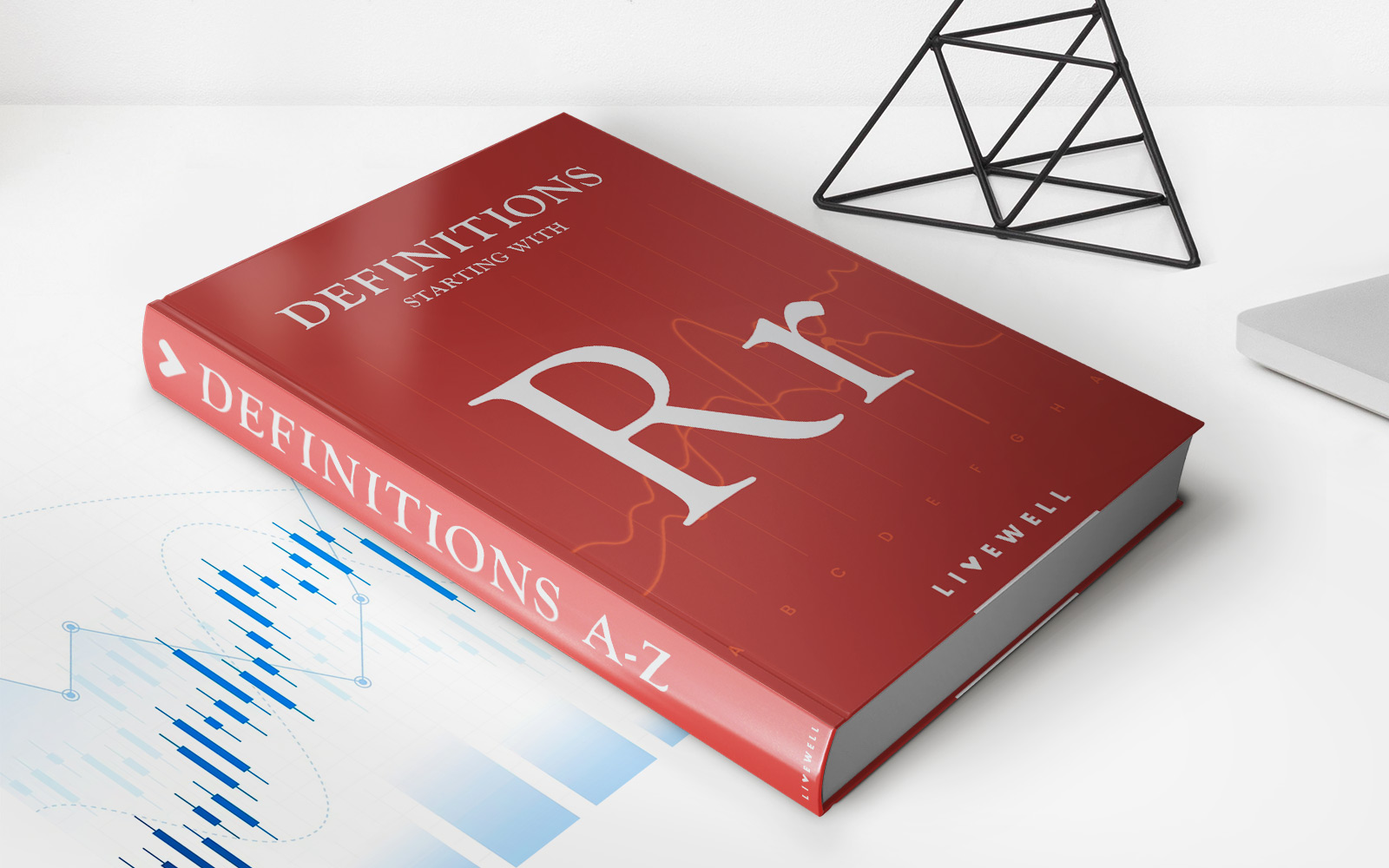Home>Finance>Pour-Over Will Definition And How It Works With A Trust
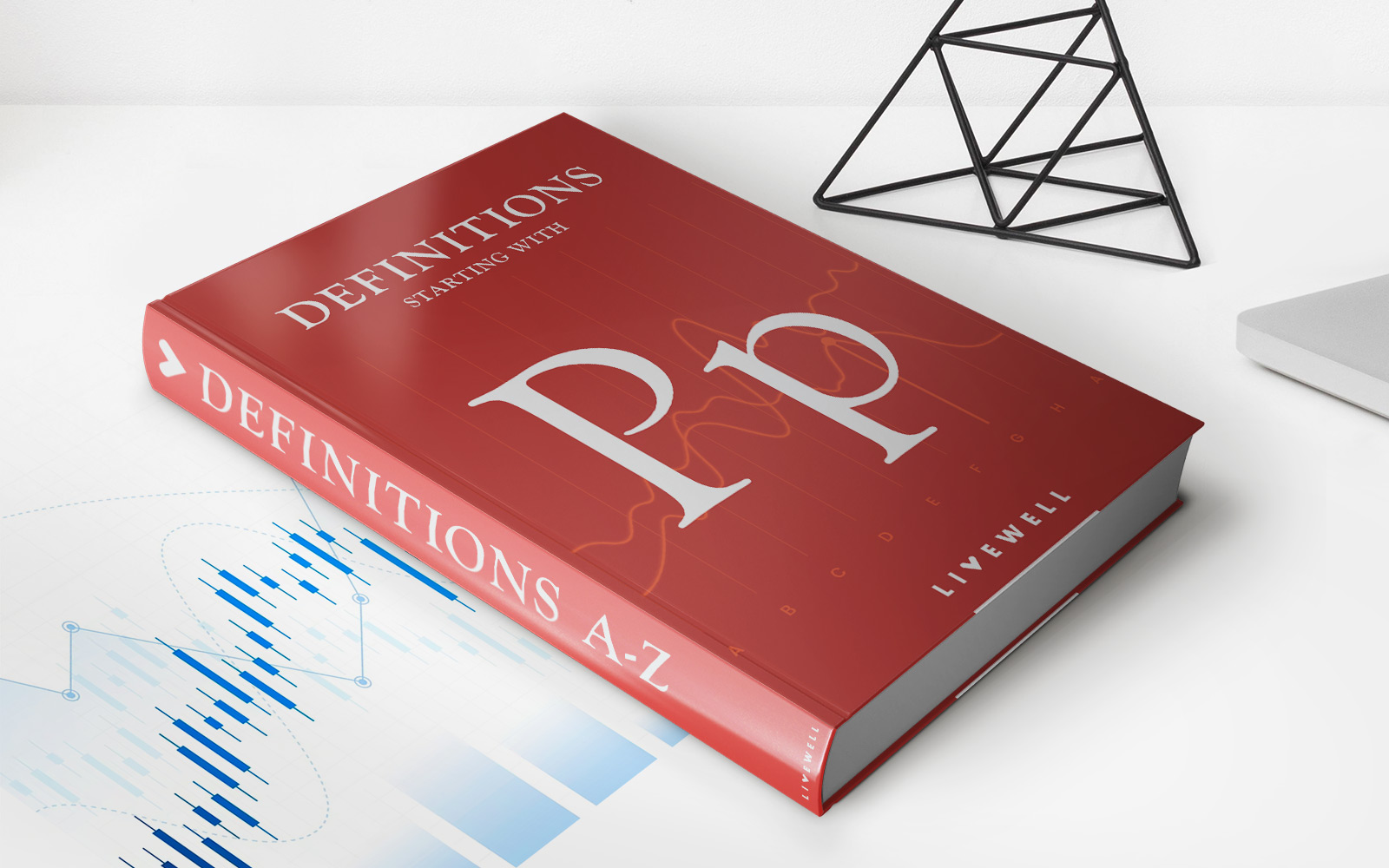

Finance
Pour-Over Will Definition And How It Works With A Trust
Published: January 9, 2024
Learn about the definition and workings of a pour-over will in relation to a trust in the finance industry. Understand how this estate planning tool can provide financial protection and continuity.
(Many of the links in this article redirect to a specific reviewed product. Your purchase of these products through affiliate links helps to generate commission for LiveWell, at no extra cost. Learn more)
Pour-Over Will Definition and How It Works With a Trust
When it comes to estate planning, it’s essential to have the right legal documents in place. One such document that often comes up in discussions about trusts is a pour-over will. But what exactly is a pour-over will, and how does it work with a trust? In this blog post, we’ll delve into the definition of a pour-over will and explore its role in estate planning.
Key Takeaways
- A pour-over will is a legal document that ensures any assets not already in a trust are “poured over” into the trust upon the individual’s death.
- By having a pour-over will, you can add any newly acquired assets to your trust without the need for additional legal paperwork.
Now, let’s dig a little deeper into the concept of a pour-over will. Essentially, a pour-over will is a safety net for any assets that have not been directly transferred to a trust during an individual’s lifetime. It acts as a catch-all mechanism, ensuring that these assets, which may have been overlooked or obtained after the creation of the trust, are still distributed as intended.
So, how does a pour-over will work with a trust? Here’s a step-by-step breakdown:
- Estate Planning Phase: During the estate planning phase, you create a trust to hold your assets and specify its beneficiaries.
- Pour-Over Will Creation: Alongside the trust, you will also create a pour-over will. This will typically be executed at the same time as the trust.
- Asset Ownership: After creating the trust, you’ll need to transfer ownership of your assets into the trust.
- Assets Not in the Trust: Inevitably, there may be some assets that are inadvertently left out, intentionally excluded, or acquired after the creation of the trust.
- Pour-Over Provision: The pour-over will includes a provision that directs any assets not already in the trust to be “poured over” into the trust upon your death.
- Probate Process: When you pass away, your pour-over will and trust documents will be submitted to probate. The court oversees the transfer of assets from the pour-over will to the trust.
- Asset Distribution: Once the assets are successfully poured over into the trust, they will be distributed according to the terms of the trust, ensuring that they reach the intended beneficiaries.
It’s important to note that the pour-over will is subject to the probate process, similar to other written wills. However, including a pour-over provision in your will can help streamline the transfer of assets and avoid the need for additional legal paperwork. It provides additional peace of mind, ensuring that any assets you acquire or overlook during your lifetime ultimately end up in your trust, aligning with your estate planning goals.
So, if you have created a trust to structure your estate but are concerned about assets that might not find their way into it, a pour-over will can offer a valuable solution. By ensuring that any assets not already in the trust are poured over upon your death, you can have confidence that the intended beneficiaries will receive their rightful inheritance.
